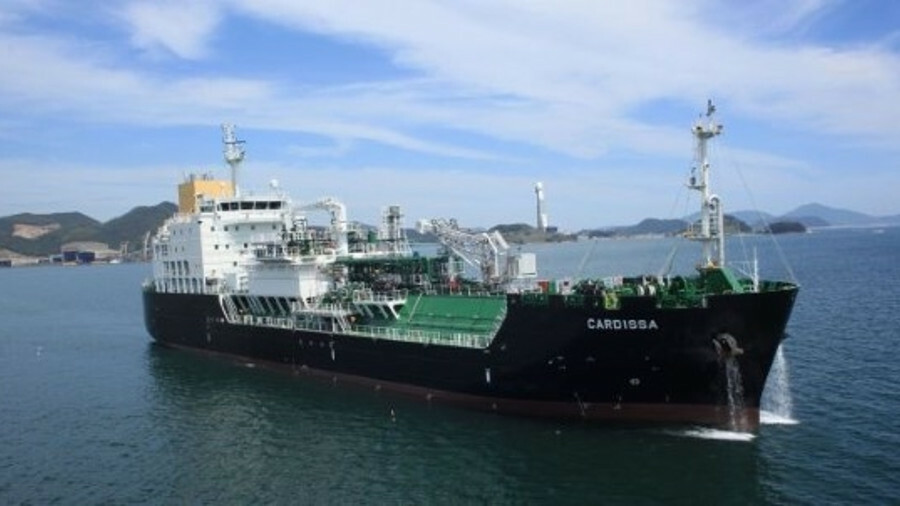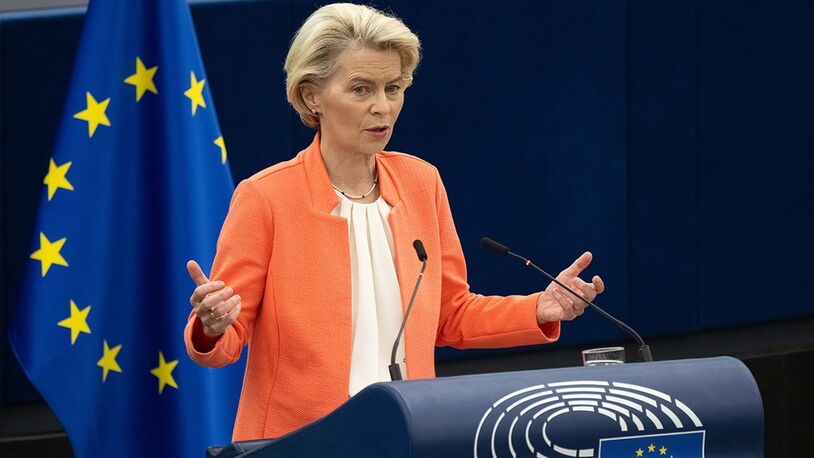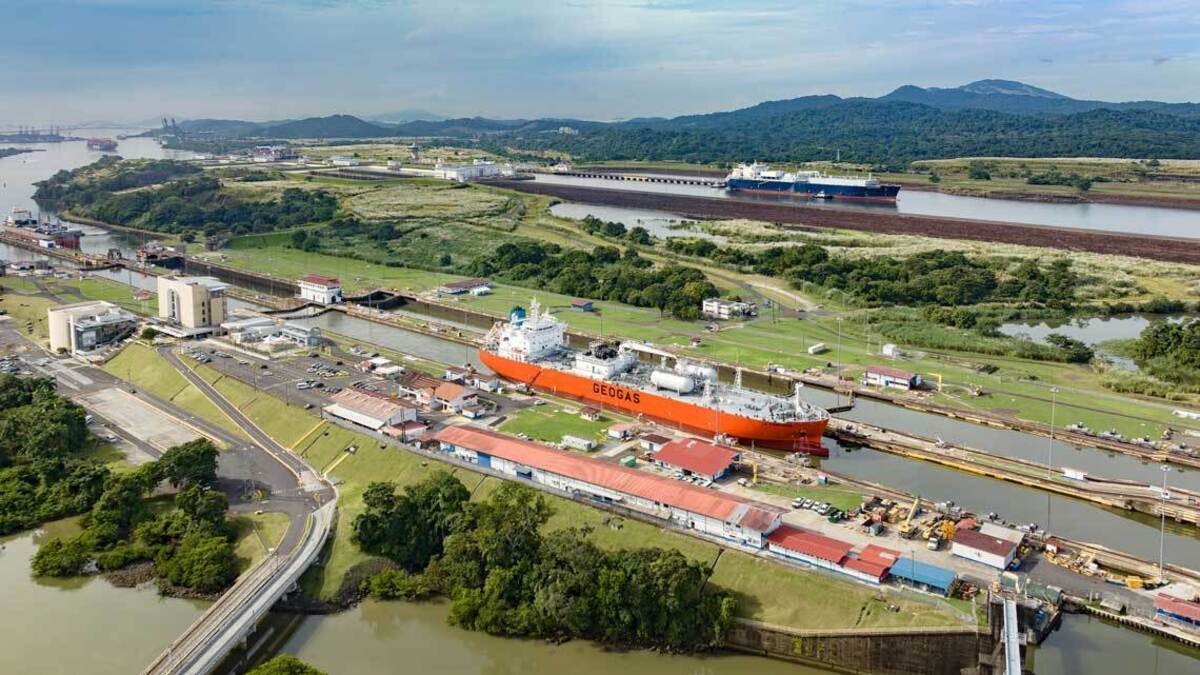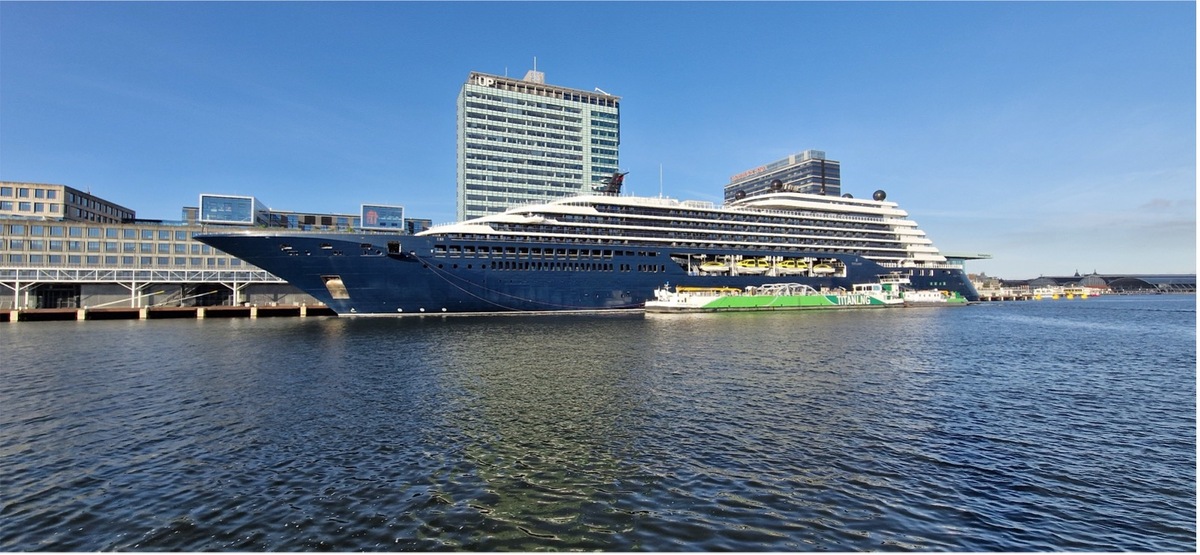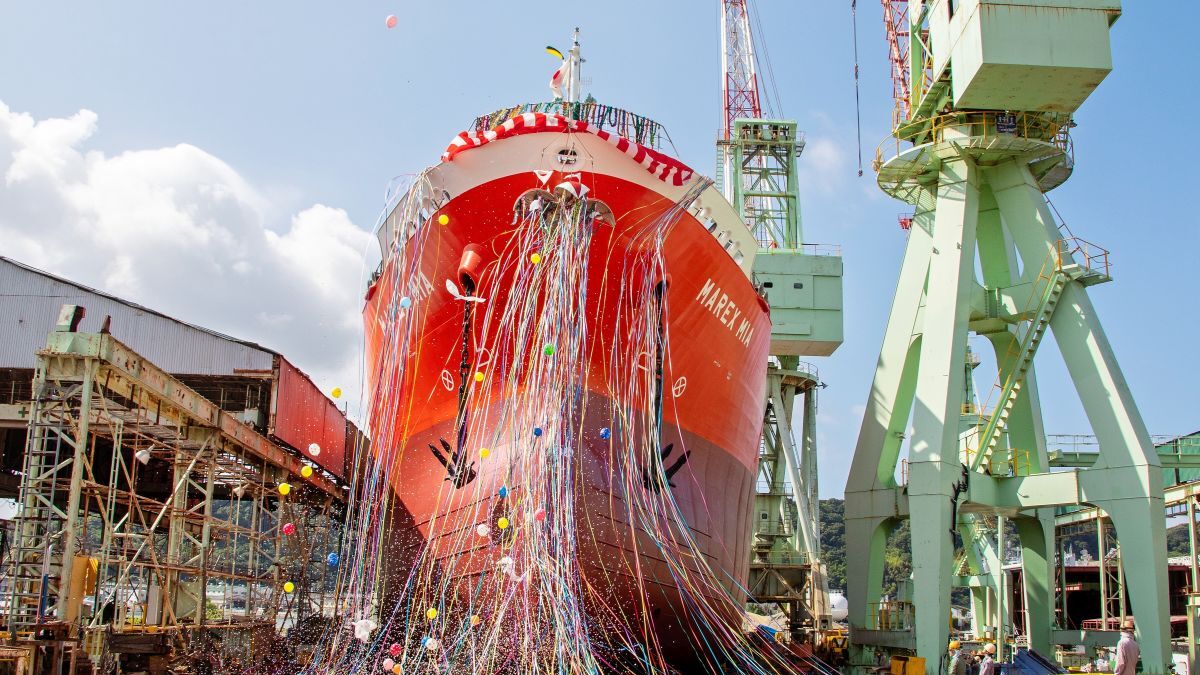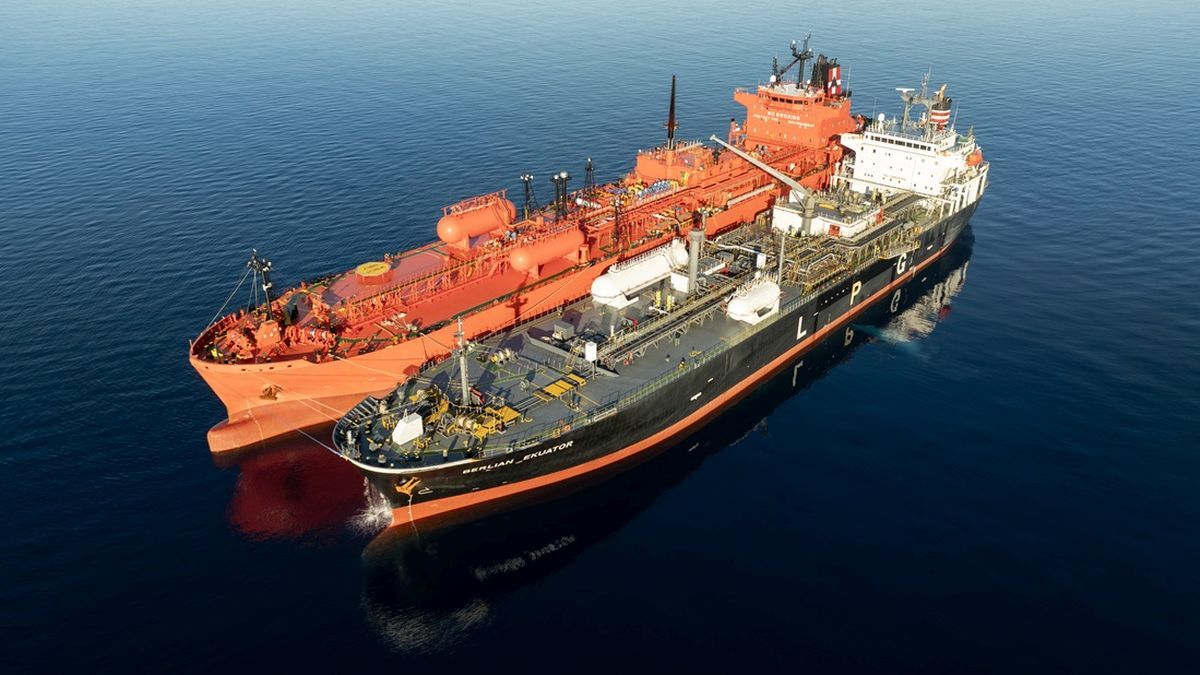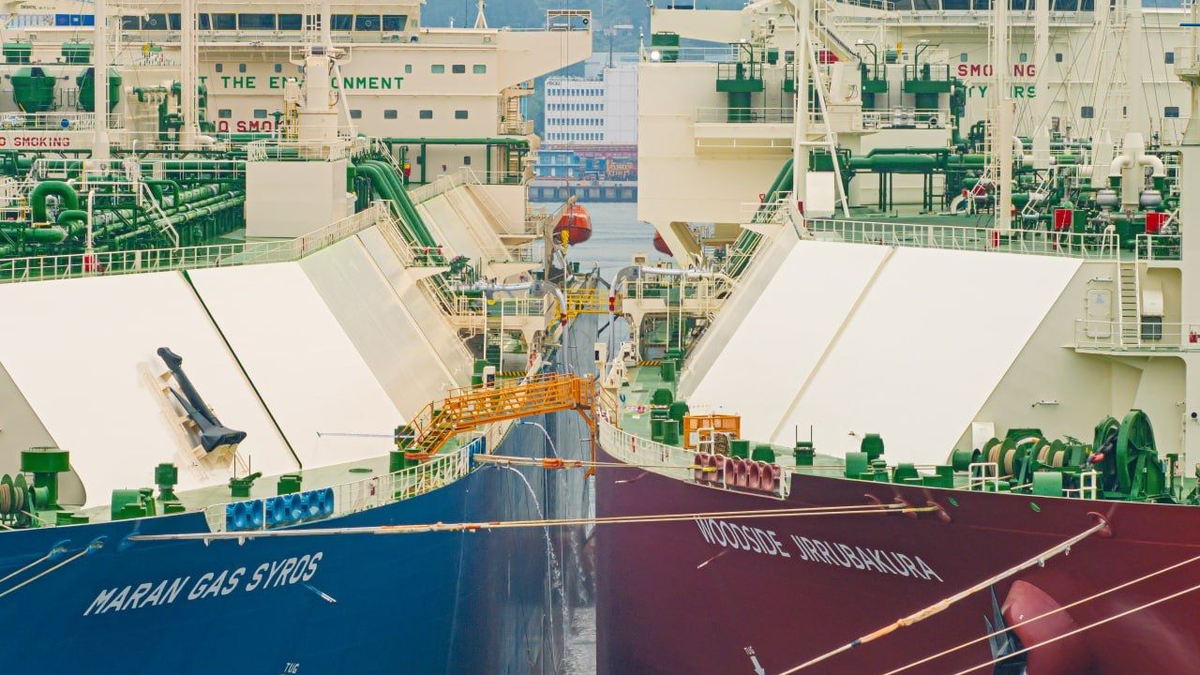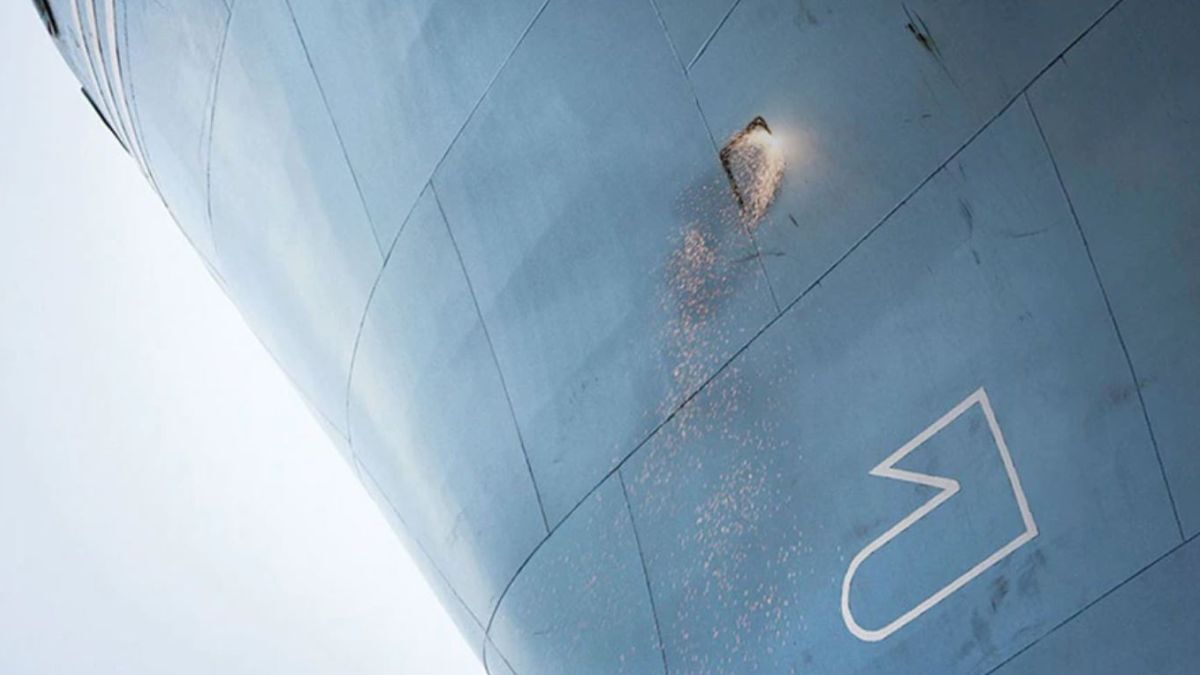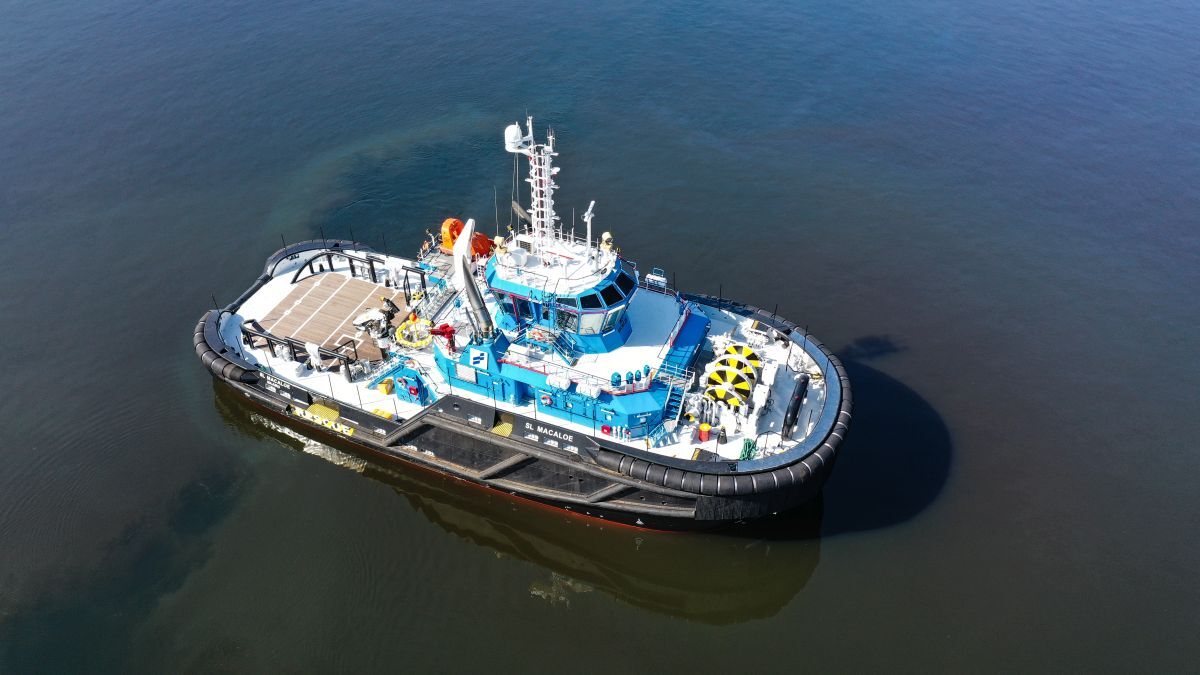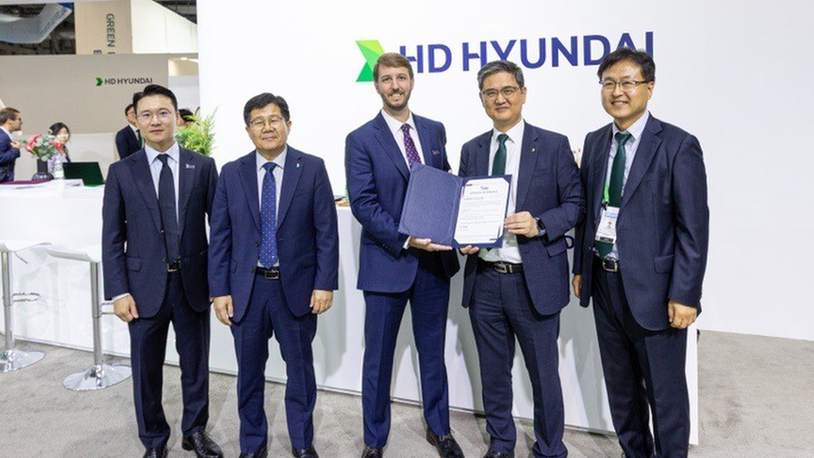Business Sectors
Contents
Rotterdam support of LNG bunkering begins to pay dividends
The volume of LNG bunkered in Rotterdam in 2017 rose to 1,500 tonnes, from 100 tonnes in 2016.
Rotterdam Port Authority reported that much of the increase is due to the 1,000 TEU Wes Amelie, the first container ship to be converted to LNG propulsion. The vessel regularly bunkers at the City Terminal in the port’s Prins Willem Alexanderhaven.
Rotterdam also points out that the 2017 LNG bunker volume marks just the start of its commitment to the small-scale LNG sector, and that another exponential jump in the figure is expected in 2018. The port has been a first-mover in LNG bunkering initiatives and many small-scale LNG developments are underway that will build upon the infrastructure already in place.
The Gate LNG import terminal in the port’s Maasvlakte zone was commissioned in 2011 and the port introduced the LNG bunkering of gas-powered inland waterway vessels at its Seinehaven berth in 2013. A change to the port bylaws permitted the ship-to-ship LNG fuelling of seagoing vessels beginning in 2014.
A third, breakbulk jetty was commissioned at the Gate terminal in 2016, with Shell as the foundation customer. In September 2016 the 7,500 m3 coastal LNG carrier Coral Methane became the first ship to load a cargo there.
Cardissa, Shell’s 6,500 m3 dedicated LNG bunker vessel (LNGBV) newbuilding, arrived in Rotterdam in July 2017 to commence duties using the Gate breakbulk jetty as its home berth. Cardissa regularly loads LNG here and delivers the fuel to gas-powered ships in northwest Europe.
Shell has followed up Cardissa with an LNG bunker barge (LNGBB) charter deal and an agreement with shipowner Anthony Veder to convert Coral Methane into a dedicated LNGBV.
The energy major will take the 3,000 m3 LNGBB, which is being built for a joint venture between Victrol and CFT, on long-term charter on delivery. To be based in Rotterdam, it will be used to bunker gas-powered inland waterway vessels visiting the port.
Coral Methane will support Shell’s blossoming portfolio of LNG bunkering clients in northern Europe. Among the company’s latest batch of customers is Sovcomflot, which has ordered a series of what will be the world’s first LNG-fuelled Aframax crude oil tankers, and Carnival Corp, two of whose gas-powered cruise liner newbuildings will sail in northern European and Mediterranean waters on completion.
Like Shell, Rotterdam remains dedicated to speeding up the transition from fuel oil to LNG as marine fuel. LNG bunkering is expected to be a routine operation in the port by 2020. To support the drive Rotterdam is offering seagoing vessels that bunker LNG in the port a 10% discount on gross seaport dues up until that time.
Related to this Story
Events
Offshore Support Journal Conference, Americas 2025
LNG Shipping & Terminals Conference 2025
Vessel Optimisation Webinar Week
© 2024 Riviera Maritime Media Ltd.


